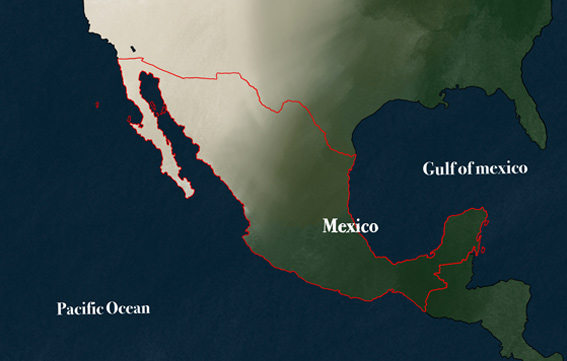



MEXICO
In Mexico, there are teams involved in modelling, analysis and capacity building. These teams are exploring themes and areas of interest that include: emissions pricing and fiscal trajectories towards 2°-1.5°C societies (while at the same time addressing how to compensate those who will lose out). The institutional aspects of these transitions and visions are also being developed, including the role of central and local governments, and decentralised governance around natural resources, where states act as additional actors.
The narratives that emerge from the areas of interest described above will be advanced and tested through a general equilibrium model. It is expected that the use of this model will provide a magnitude of the potential tradeoffs, synergies and gains and losses across the economy and society, so as to examine the trajectories towards 2°-1.5°C societies. The model will make it possible to examine the effects of carbon taxes imposed on all fossil fuels according to their carbon content, and explore the effects of alternative uses of the revenues raised, including lump sum transfers, investment in universal health insurance, or fostering renewable energy, among others. Results will provide the sign and relative magnitude of potential effects for the aggregate economy (GDP, government resources, investment, capital stock), across economic sectors, and for different income groups. It may also help to assess synergies across different policies, and gains/losses of the carbon tax in the effort to attain a 2 to 1.5° society.
Finally, the Instituto Tecnológico Autónomo de México (ITAM) will work to contribute to all of these elements by advancing learning, cooperation and capacity building. It will be in charge of the creation of courses and seminars within the university and other universities across Mexico. Seeking to accompany discussions related to mutuality and reciprocity, exploring what new skills and opportunities within different institutional contexts and circumstances might be needed, how to create them, and how those who lose out might otherwise benefit.

